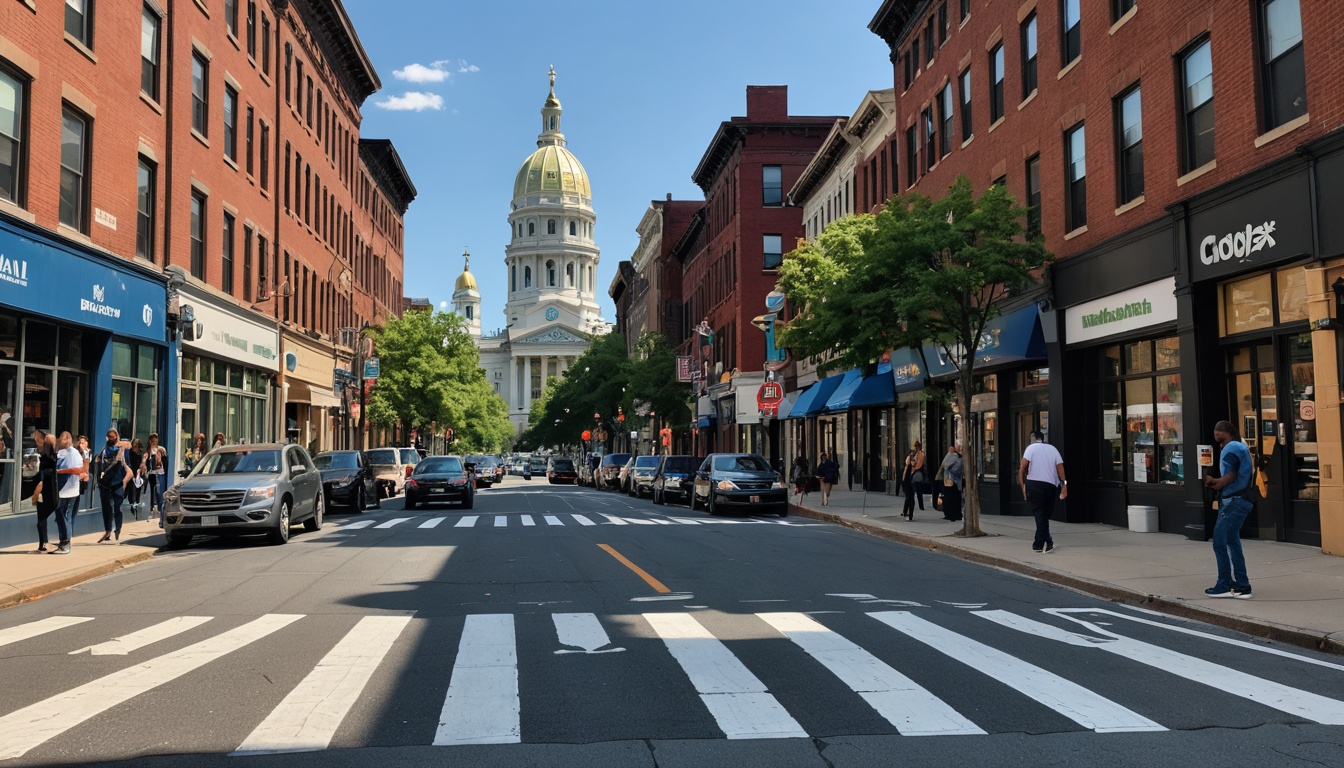Pennsylvania’s Marijuana Legalization Bill Gets New Life with House Companion Sponsor
A bipartisan bill to legalize recreational marijuana in Pennsylvania has been reintroduced in the state Senate, and this time, it has a House companion sponsor. The legislation, proposed by Republican state Sen. Dan Laughlin and Democratic state Sen. Sharif Street, aims to legalize marijuana use for individuals 21 and older and establish a Cannabis Control Board to regulate the industry.
For the first time, the bill will be run through the House, where it has a better chance of passing due to the slim Democratic majority. State Rep. Amen Brown, a Democrat from Philadelphia, has agreed to sponsor the bill in the House.
Laughlin believes that if the House passes the bill, it will demonstrate the chamber’s ability to pass the legislation and provide an opportunity for him to discuss a potential tax increase to balance the state budget with Governor Josh Shapiro and Senate leaders.
The bill would generate an estimated $540 million in annual revenue from a 20% wholesale and retail sales tax on legalized marijuana sales. Additionally, it would close the Delaware loophole, which allows multi-state corporations to shift profits to holding companies in states with lower or no corporate income taxes, generating an estimated $3.7 billion over five years.
Brown, who has seen the devastating impact of outdated cannabis laws on communities, particularly communities of color, fully supports the bill. He believes it’s about more than just economic opportunity, but also about justice, equity, and creating a responsible framework that benefits all Pennsylvanians.
The bill has gained support from other lawmakers, including Republican state Sen. Gene Yaw, who announced his support for adult-use marijuana legalization in May. If the bill passes the House, it could gain momentum in the Senate, where polls show that Pennsylvania residents support marijuana legalization.
The legislation would establish a Cannabis Control Board to regulate both recreational and medical marijuana industries, with a focus on small businesses and communities disproportionately impacted by marijuana laws. It would also charge an 8% sales tax and a 6% excise tax, with revenue used to fund various programs, including public safety, medical marijuana assistance programs, and workforce development.
People with prior convictions for non-violent, marijuana-related crimes would have those convictions expunged from their records. The bill is seen as a step towards justice, jobs, and responsible regulation, with Street stating that it’s about “lifting up communities impacted by prohibition.”












